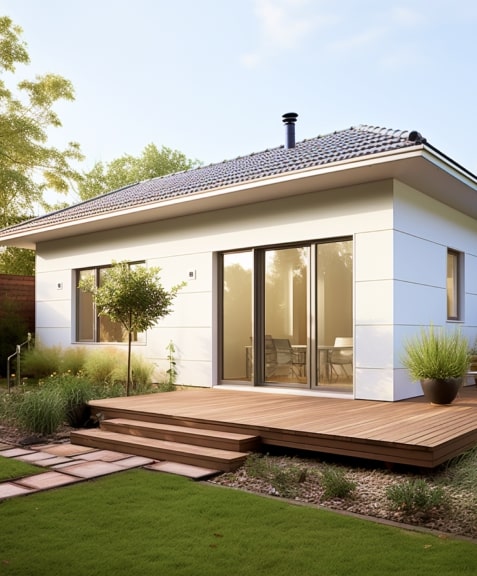
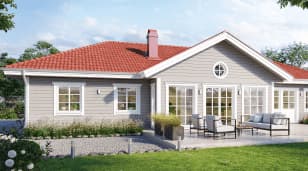
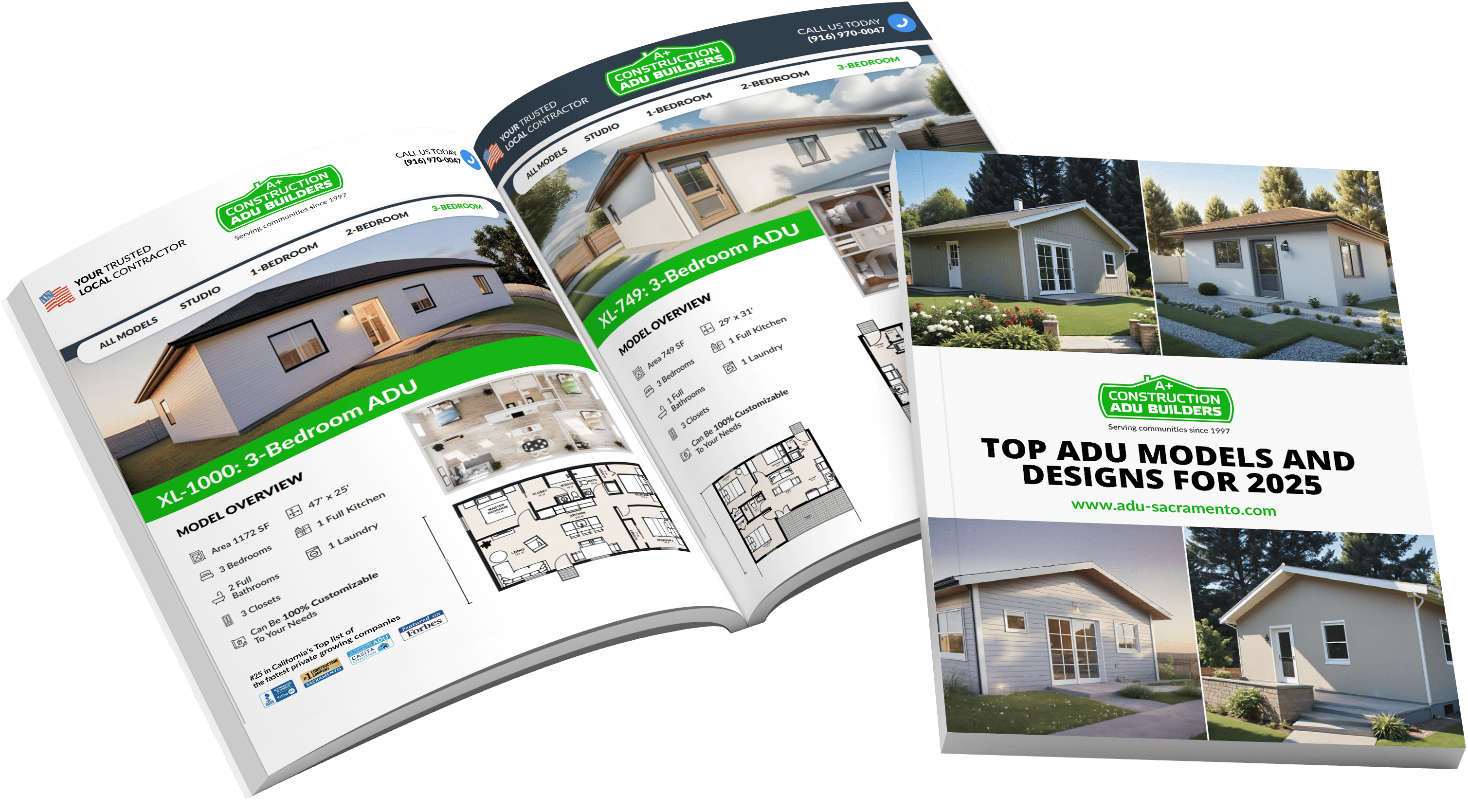

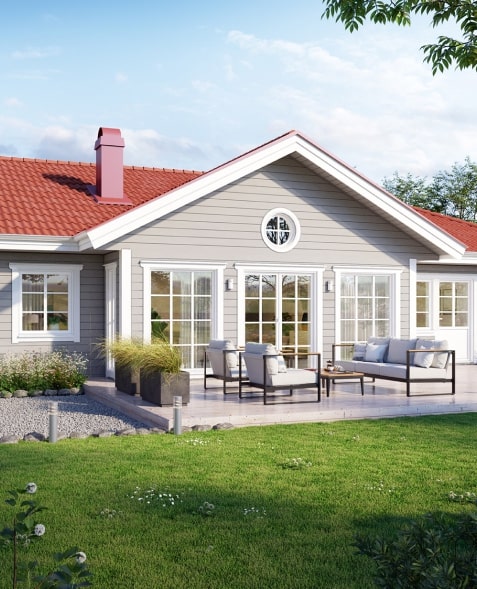
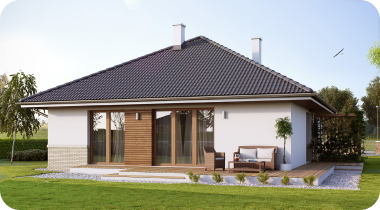
A link to download your FREE brochure will be in your inbox in 3 minutes
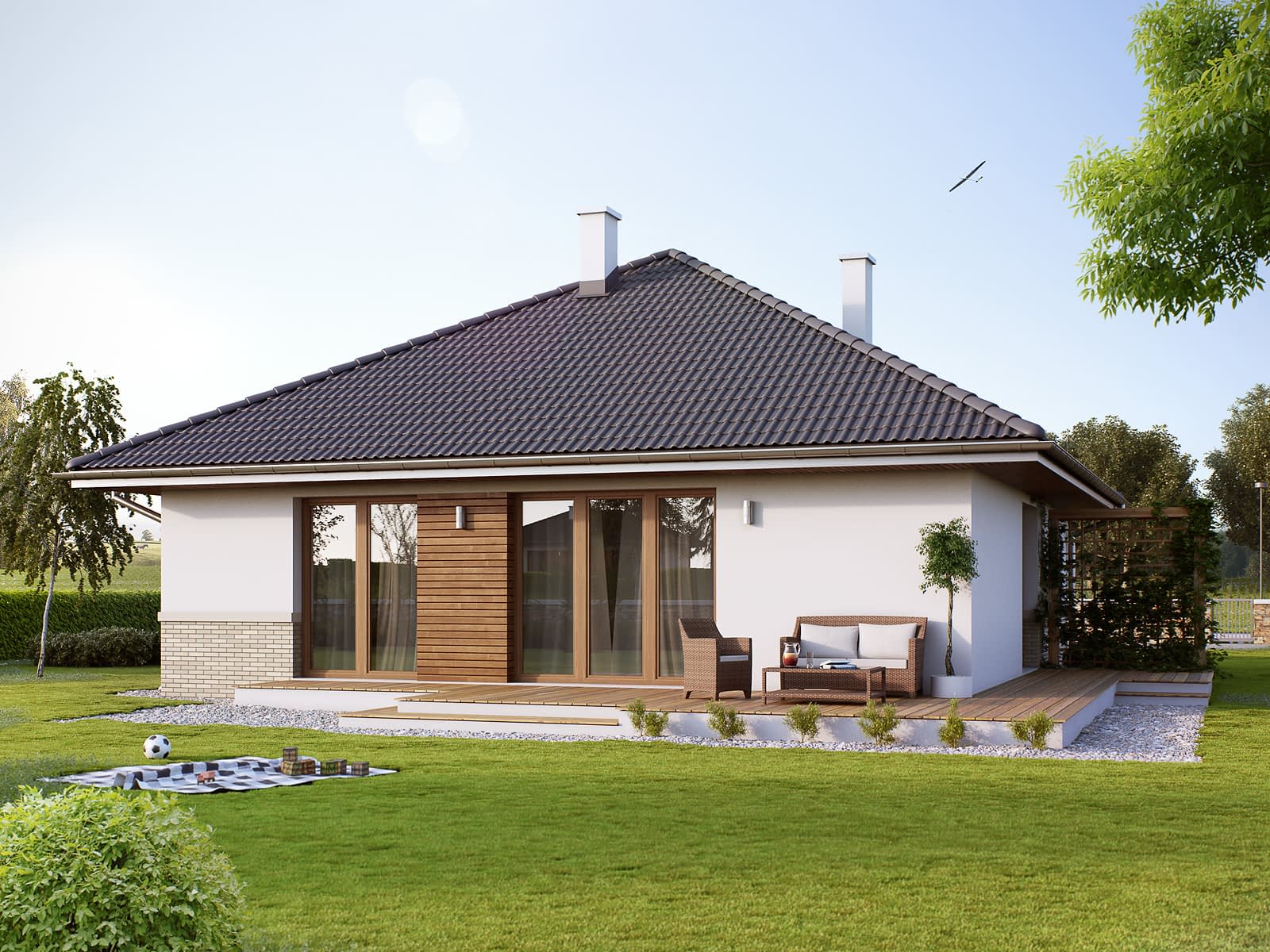





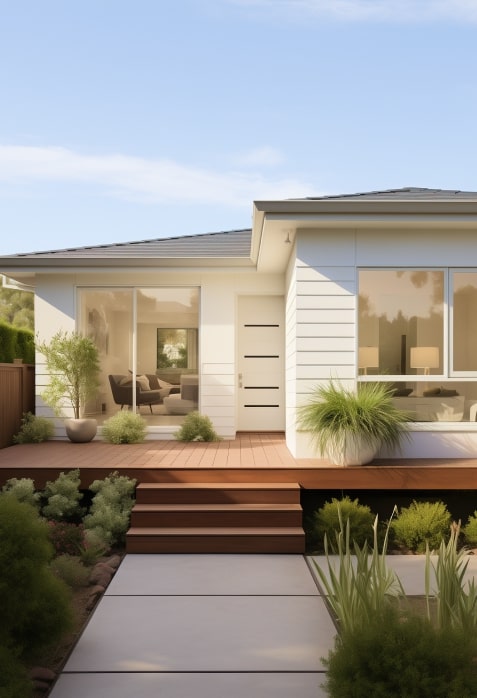
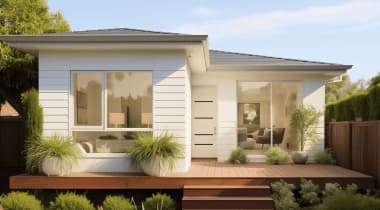











The final price may vary based on project specifics.
To get a free accurate quote tailored to your needs, book a consultation with us today!

The price per square foot provided is an average and may vary depending on project-specific details such as materials, location, complexity, and other factors. Actual costs may differ from the average provided.
It is recommended to obtain a detailed quote based on the specific requirements of your project.

Please note that the monthly payment displayed on this page is an estimate and is subject to variation based on the selected loan product, applicants credit score, loan amount, and other financial details. Actual monthly payment may differ from the estimate provided.
It is recommended to seek advice from a financial advisor or loan officer to obtain precise payment information tailored to individual circumstances.
 Your Trusted
Local Contractor
Your Trusted
Local Contractor
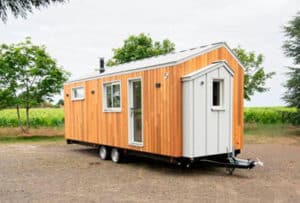
Can you imagine living in a house where you can drive across the land like a car? An ADU constructed on wheels is a movable tiny home that gives an unique possibility to travel in the comfort of your own home. No wonder nowadays their popularity is growing in almost every city of California. More and more homeowners choose those inexpensive, flexible, and sustainable motor vehicles.
We can surely say that the tiny house movement has a bright perspective – there will be more features, style variants, and uses of such accessory dwelling units in the future. In case you’re searching for an unusual and portable housing option, an accessory dwelling unit on wheels can be ideal for you.
In our article, we’ll answer the most common questions about movable housing. We’ll tell you about the main benefits of these motor vehicles, the necessity of legal permits for such tiny houses, how to maximize space in a movable ADU, which site you can use for parking, and many other important things.
Low supply and expensiveness have always been the main characteristics of the California real estate market, especially in a city. A tiny house on wheels, on the other hand, is a budget-friendly and easy-to-create option for property owners.
In addition to that, these tiny homes (also known as recreational vehicles) have plenty of other advantages:
Accessory dwelling units on wheels are very versatile.
Let’s name their most common purposes:
An accessory dwelling unit on wheels is a perfect example of cost-effective, flexible and sustainable housing. Such ADUs are cheaper than classic ones, often consist of environment-friendly materials, and are easy to move to another place. In addition to that, they can give your property a truly unique look!
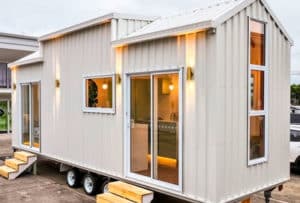
Before you start planning your movable ADU, you’ll need to consider several things.
They are the following:
Some people wonder whether California laws allow the construction of tiny homes on wheels. The answer is mainly yes. The newest alterations have greatly simplified buildings, such as a house on a property lot. The main thing is to adhere to the building codes of your city, safety rules, and standards for utilities. However, some areas still don’t permit ADUs on wheels, so it’s vital to find out whether they’re legal in your community.
You can park your accessory dwelling unit on wheels in several places. First — in the same property as your main house. Secondly, you may park it on the property lot of your family member or friend. Also, it’s possible to do this in a tiny house community or a recreational vehicle park. To know exactly where you’ll be able to park your ADU, read the zoning regulations of your county and city.
Yes. To construct a tiny home on wheels, homeowners need to get legal permits, just like for any other ADU or a traditional home. Requirements for these permits differ in various jurisdictions, which is one more reason to research the building codes and zoning laws of your area. Some cities and counties have special restrictions regarding an ADU size, its parking location, utility systems, or even floor plan. So, you’ll need to learn as much as possible about it.
There are several ways to optimize space in your house on wheels and make it more comfortable without too much effort. Use furniture with multiple functions, store things efficiently, and make non-standard layouts. This will help you turn your movable tiny house into a spacious, cozy, and comfy place that is super pleasant for living.
The popularity of tiny homes on wheels is increasing rapidly. With the constant development of building requirements and design solutions, these affordable tiny homes are surely going to redefine the ADU sphere of California.
So, if you are considering downsizing, making a comfy place for guests, or traveling to different places in your own home, an accessory dwelling unit on wheels can be an amazing option for your life!
An accessory dwelling unit (ADU) is an additional house situated on the same property as the main residence. Usually, these structures have everything necessary for comfortable living: a bathroom, a kitchen, a bedroom, and complete access to all the main utilities. There are different types of ADUs: attached, detached, converted, and so on. One of the ADU types is a tiny house on wheels. Basically, it’s a motor vehicle that’s suitable for living.
Yes! Most cities and counties in California allow tiny houses, including movable ones. However, before planning a tiny home on your property, thoroughly research all the local housing regulations of your community. There are lots of requirements regarding size, floor planning, utilities, and so on, that vary significantly from one location to another.
Typically, this type of housing is rather affordable for most clients. However, the price of a movable tiny home depends on several various factors — for example, its materials, design, size dimensions, presence of a loft, city/county, and so on. In California, it typically varies from $45000 to $170000. However, there can be either cheaper or more expensive variants.
Get a First Look at Real ADU Projects